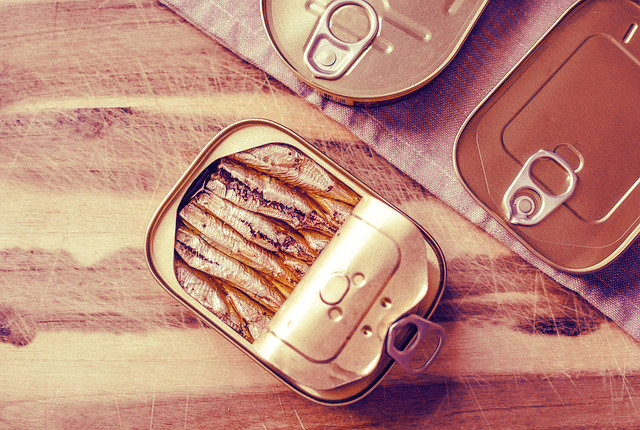Excellent questions! Buy it fresh (or catch it) and cook and eat it right away. Fresh fish does not have a strong smell or a strong taste.
Some seafood – bluefish, for example – obviously has a stronger smell and taste than milder seafood – scallops, trout, etc. And wild salmon has more flavor than farmed salmon. But if fish tastes fishy, well, something is wrong (you thought we were going to say "fishy," didn't you. Even we will not stoop that low!)
But the cardinal rule of purchasing fish is that it should not smell fishy – it should just have a faint aroma of the sea. The eyes should be clear and bright, not dull or cloudy, and they should protrude slightly from the head.
Aiden Byrne, author of Made in Great Britain and winner of thirty or forty Michelin stars, says you should always check the gills, which should be bright red, with no hint of brown, and should not be covered with any gooey film. If you must buy fillets instead of the whole fish, avoid those that are soggy or discolored (he says discoloured), which may have been frozen previously.
If you have access to a specialty seafood market, a fish monger if you will, talk to the people that staff the counter. Ask them what is fresh. Ask them what is mild. Give them feedback if something they sell you tastes strong. You should have the same access at the fish counter of a good supermarket. Shop around if you have to. You (especially being in Florida) have access to wonderful seafood.
Once you get it, either cook the fish right away or keep it in a bowl of ice in your refrigerator until you can cook it. Don't let more than 24 hours elapse in any event, or what is the point of seeking out fresh fish?
The secret to delicious fish is less about what happens in your kitchen and more about every step that happens before it goes in the pan or on the grill. Then it's up to you, but that's a small thing.
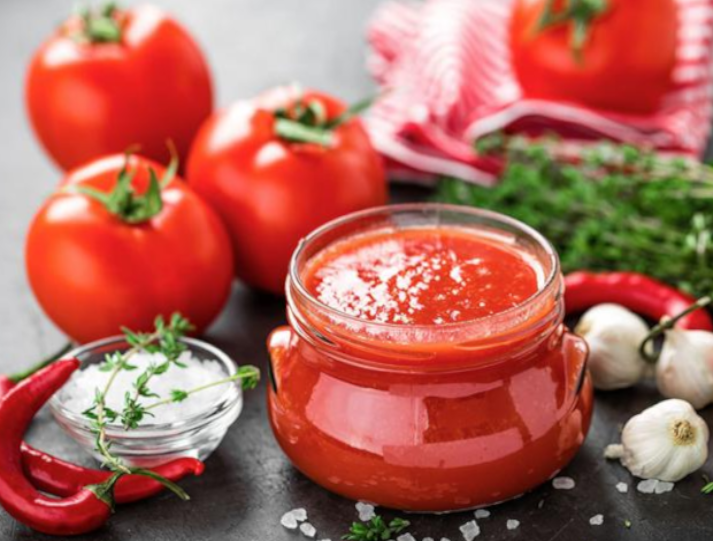
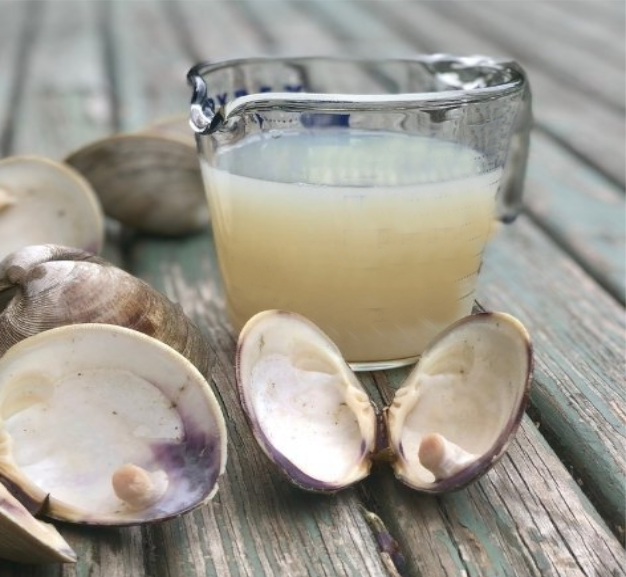
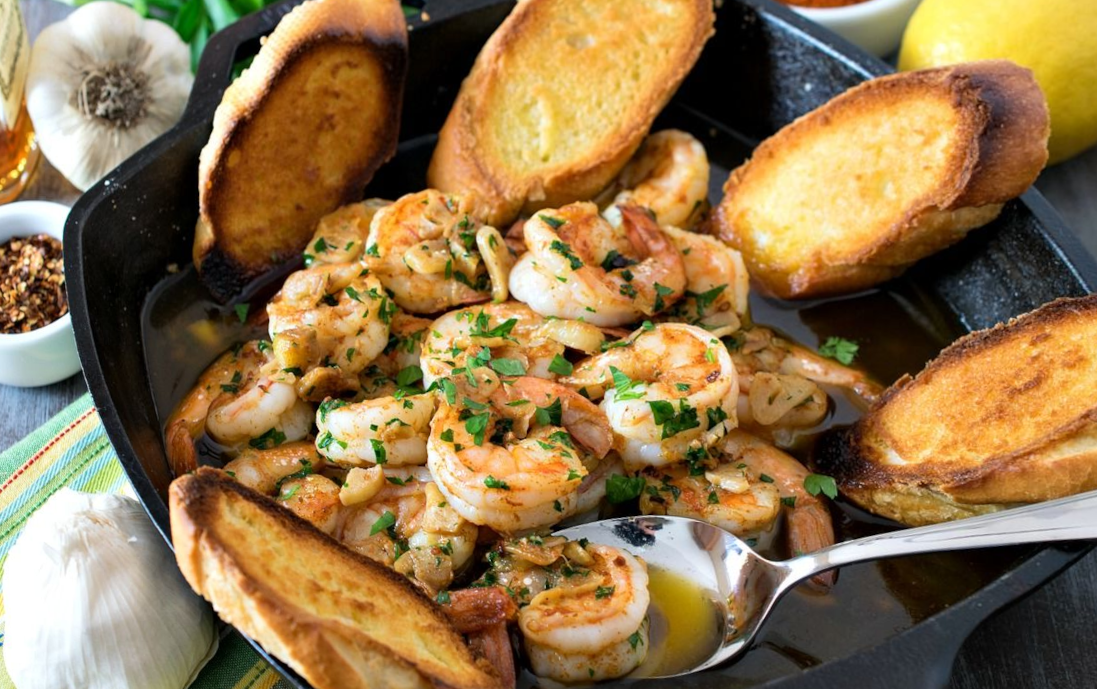











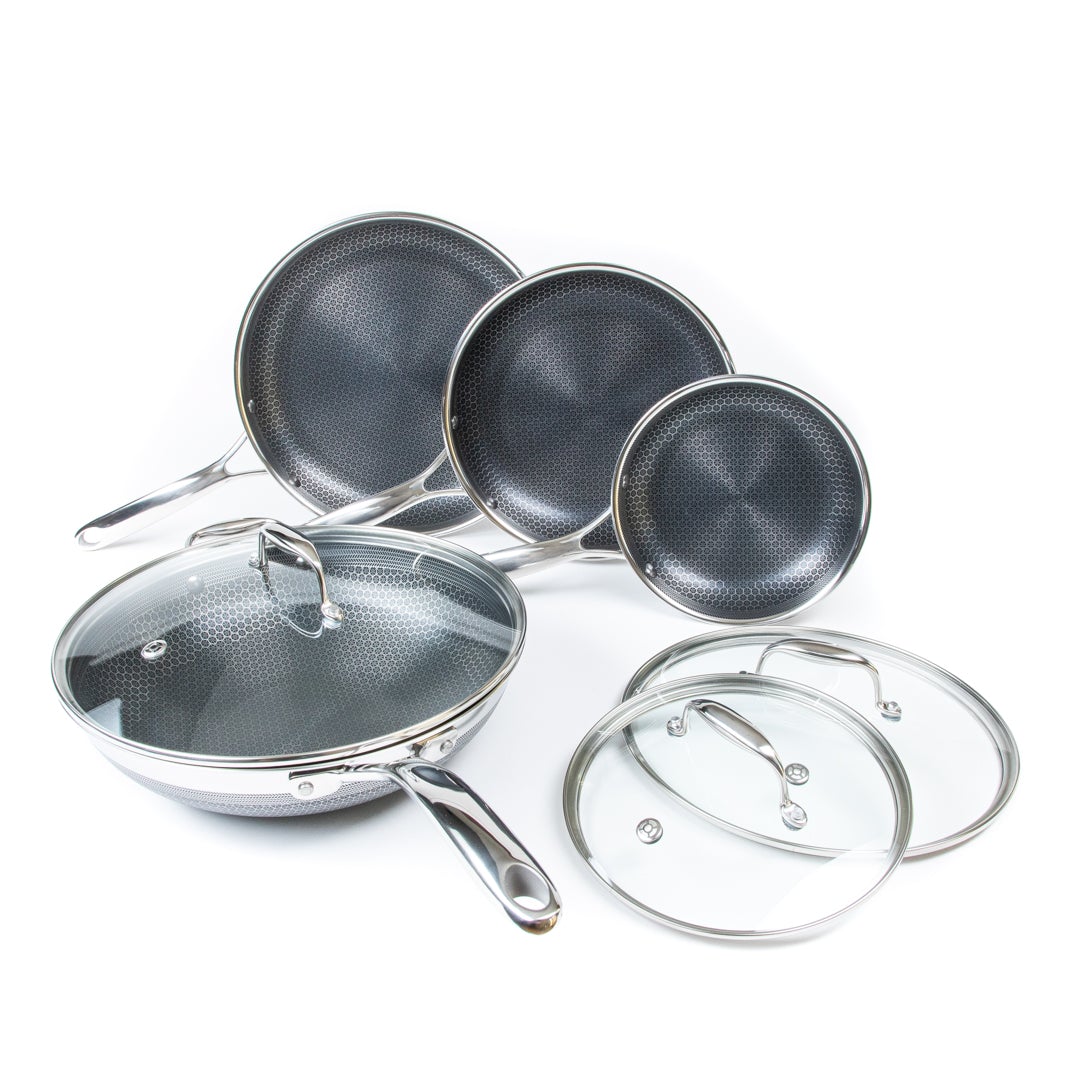


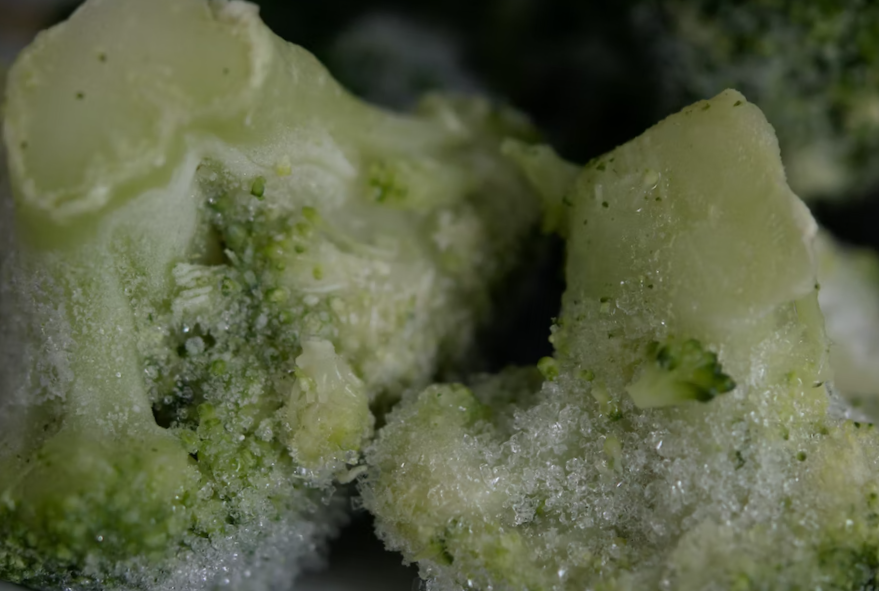



![Can you Cook Eggs in the Microwave? [Complete Guide]](/assets/images/c1f79d1cad59f18f9b5dc31403bd0eb2.png)



